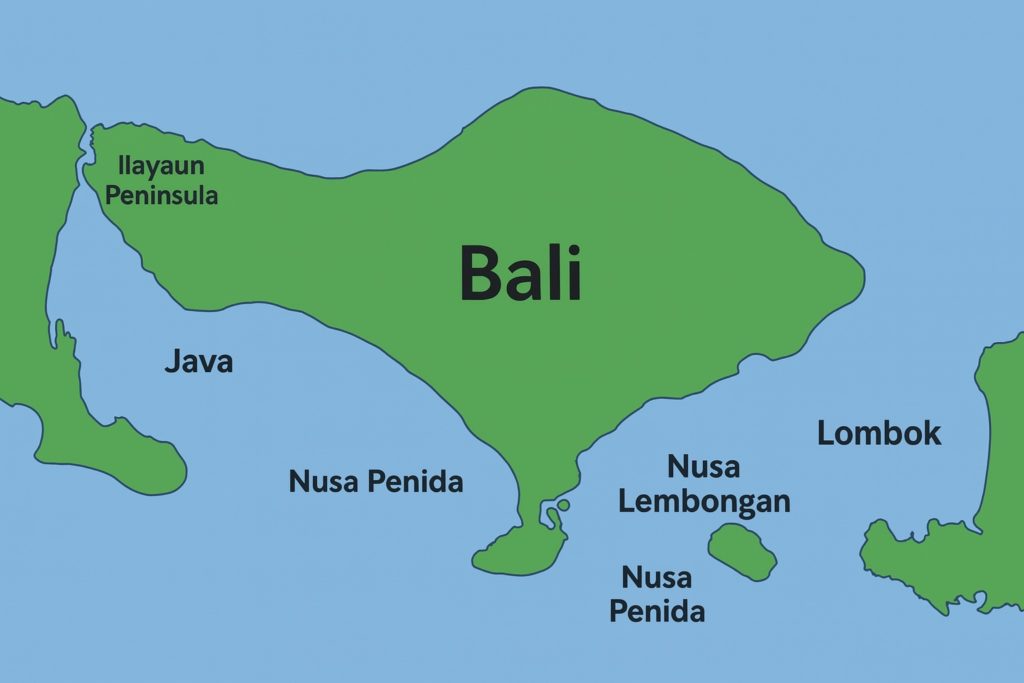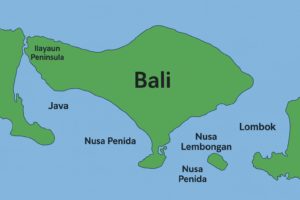DENPASAR – The Bali Tourism Office, under the direction of Head Wayan Sumarajaya, has formally issued a letter of caution to all tourism-related associations and businesses—among them the Indonesian Tourism Industry Association (GIPI) Bali, the Indonesian Hotel and Restaurant Association (PHRI) Bali, the Bali Villa Association (BVA) and the Bali Hotel Association (BHA)—alerting them to heightened weather risks stemming from the island’s rainy season. The advisory follows warnings issued by the Meteorology, Climatology, and Geophysics Agency (BMKG) of Indonesia.
Sumarajaya’s letter emphasises that tourism operators must “prepare and optimise all available resources,” adhere strictly to Standard Operating Procedures, refine safety communications with guests and staff, and conduct environmental risk surveys at sites such as attractions, hotels and adventure-tour providers (including rafting, snorkelling, trekking and ATV rides).
On a national level, BMKG has forecast a longer-than-usual wet season across Indonesia, with higher rainfall intensity posing elevated risks of flooding and landslides—especially in islands such as Bali, Java, Sumatra and Nusa Tenggara. In particular, the agency noted that some areas may receive the equivalent of a month’s rainfall in a single day.
In response to unfolding events, some Indonesian lawmakers have called for a stronger and fully integrated early-warning system and improved infrastructure and waste-management measures—citing the September floods in Bali which claimed 18 lives and disrupted tourism, as evidence that the risks are real and urgent.
What this means for tourists planning to visit Bali
- While Bali remains open to visitors, travellers should be ready for disruptions: outdoor-adventure activities may be cancelled or postponed with little notice if heavy rain, high winds or flooding occurs.
- Beach time, snorkelling, boat trips or trekking excursions may carry greater risk, especially during storm events. Operators are being asked to monitor forecasts from BMKG and the regional disaster-agency Bali Regional Disaster Management Agency (BPBD) and act to safeguard guests. (The Bali Sun)
- Travel insurance with comprehensive coverage—in particular for medical emergencies and natural-disaster incidents—is strongly advised by tourism authorities. (The Bali Sun)
- Timing: Though the rainy season is officially underway and will continue for several months, the peak risk window is reported to span from now through the end of the year and into early 2026. According to BMKG, Bali and neighbouring island groups will face elevated rainfall well into this period. (The Bali Sun)
- Practical tips: Stay updated on weather alerts, avoid riverine or hillside sites during heavy rain, check with your accommodation about evacuation or safety protocols, and be flexible with your itinerary.
In short: Visitors to Bali should not cancel their trip, but should travel with heightened awareness and flexibility, especially if planning outdoor or high-risk excursions during the coming weeks.


